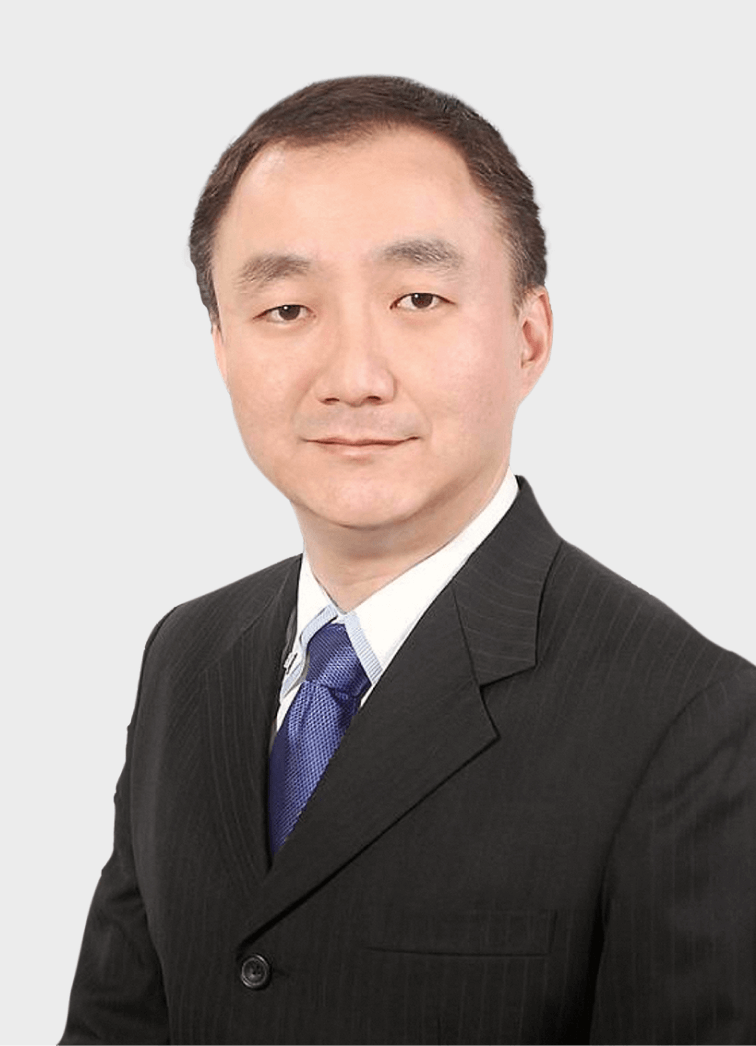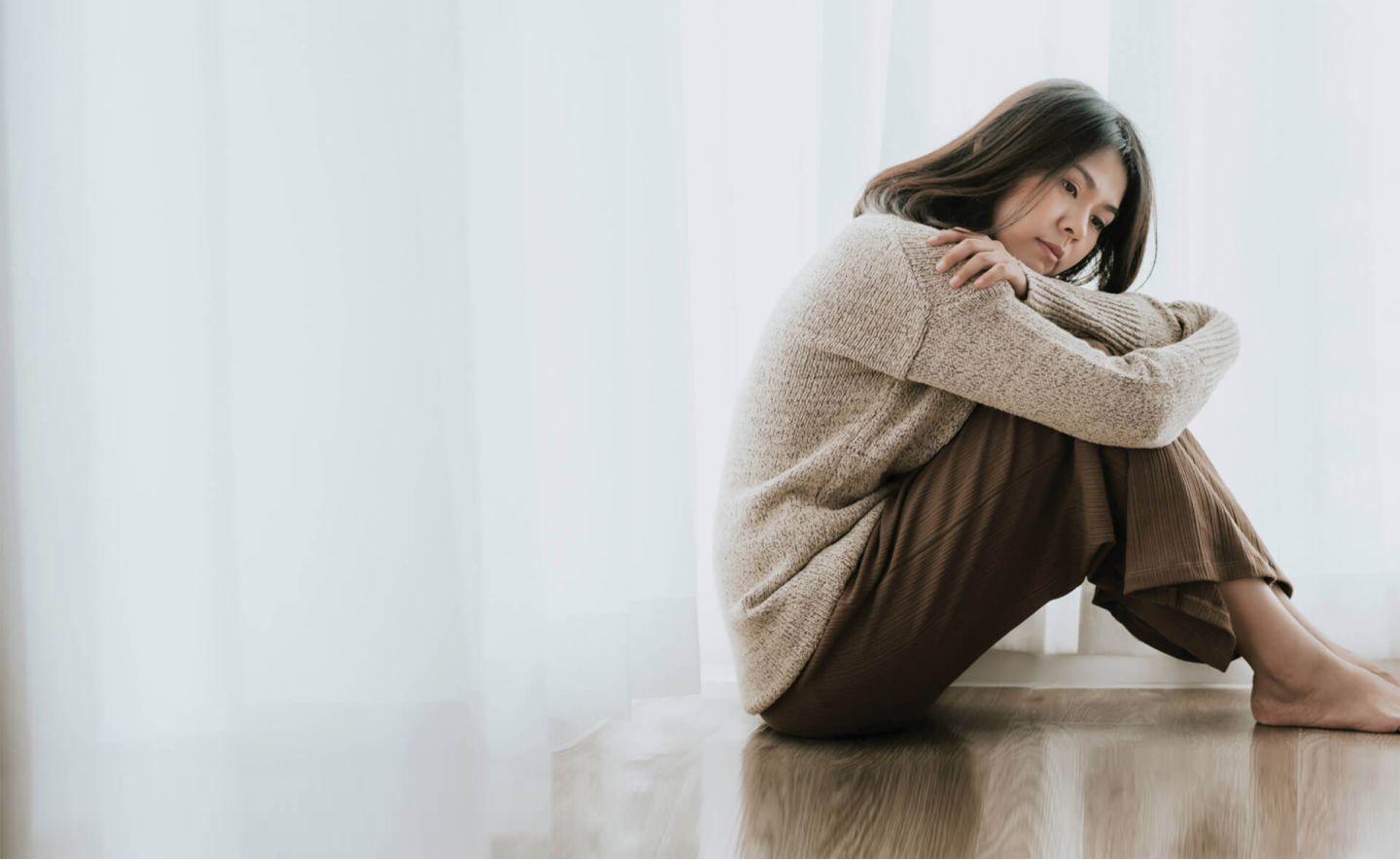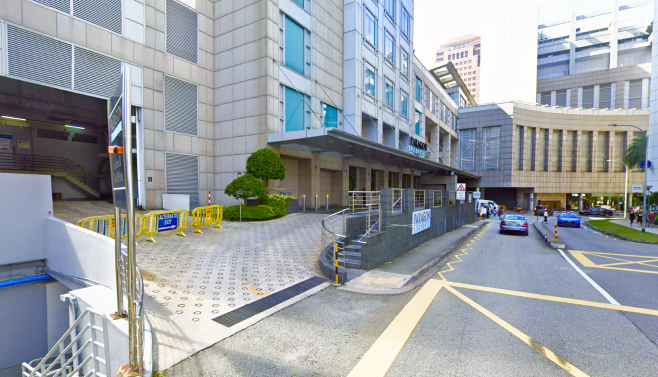The Safety Net
Depression Treatment Singapore
Senior Consultant Psychiatrist, Dr. Tan Sheng Neng
MMED (Psych), MBBS, MCI, FAMSDepression is a serious mental illness that can interfere with your life. It can cause long-lasting and severe feelings of sadness, hopelessness, and a loss of interest in daily activities.
- Constant feelings of helplessness and hopelessness?
- Loss of interest in daily activities?
- Appetite or weight changes?
- Anger or irritability, or loss of energy?
What is Depression?
Depression is classified as a mood disorder. It may be described as feelings of sadness, loss, or anger that interfere with a person’s everyday activities.
People experience depression in different ways. It may interfere with your daily work, resulting in lost time and lower productivity. It can also influence relationships and some chronic health conditions.
It’s important to realise that feeling down at times is a normal part of life.
Sad and upsetting events happen to everyone. But, if you’re feeling down or hopeless on a regular basis, you could be dealing with depression.
Depression is considered a serious medical condition that can get worse without proper treatment.
Get Help Today

Senior Consultant Psychiatrist
Dr. Tan Sheng Neng 
Dr Tan was the Director of Consultation-Liaison Psychiatry Service (2017-2019) at Changi General Hospital (CGH), Singapore. He was also an Assistant Director (Psych) of the Integrated Sleep Service at CGH (SingHealth Duke-NUS Sleep Centre), where he helped develop into a department in 2018.
- Master of Medicine (Psychiatry)
- Master of Clinical Investigation (MCI)
- Bachelor of Medicine and Bachelor of Surgery (MBBS)
- Fellow of the Academy of Medicine, Singapore (FAMS)
At present, besides the clinical work in his clinic and hospitals, Dr Tan also holds the following appointments:
- Clinical Advisor to Samaritans of Singapore (SOS)
- Lecturer to Executive Counselling and Training Academy (ECTA)
Dr Tan has a specialised interest in neuropsychiatry. He treats patients with Sleep Disorders, Mild Cognitive Impairment and Brain trauma or injury, particularly from strokes.
Read Full Bio

Symptoms of Depression
Some of the most commonly reported symptoms of depression are:
- Feeling hopeless, worthless, empty, or sad
- Episodes of tearfulness, anger, and irritability
- Suicidal thoughts
- Constant or near-constant anxiety
- Increased difficulty concentrating or making decisions, and restlessness
- Loss of interest in previously enjoyed activities
- Prolonged fatigue
- Increased or decreased appetite
- Trouble sleeping or sleeping too much
The symptoms above can be mild to severe, but if they are observed for more than two weeks, it is possible that you are experiencing depression, and should reach out to your nearest treatment centre.
Causes Of Depression
There are several possible causes of depression. They can range from biological to circumstantial. Common causes include:
Early childhood trauma.
Some events affect the way your body reacts to fear and stressful situations.
Brain structure.
There’s a greater risk for depression if the frontal lobe of your brain is less active.
Drug use.
A history of drug or alcohol misuse can affect your risk.
Medical conditions.
Certain conditions, such as chronic illness, insomnia, or chronic pain, may put you at higher risk.
Family history.
You’re at a higher risk for developing depression if you have a family history of depression or another mood disorder.
Harmful Effects of Depression
Even though depressive episodes could end within 12 months even if they are not treated, given the suffering and the physical health risks, getting effective professional help early is highly recommended.
Conditions that can get worse due to depression include:
- arthritis
- asthma
- cardiovascular disease
- cancer
- diabetes
- obesity
It’s important to realise that feeling down at times is a normal part of life.
Sad and upsetting events happen to everyone. But, if you’re feeling down or hopeless on a regular basis, you could be dealing with depression.
Depression is considered a serious medical condition that can get worse without proper treatment.
Contact Us
Types of Depressive Disorders
There are many different kinds of depression that manifest in different ways. A few of the most commonly recognised types of depressive disorders are:
Major Depressive Disorder
The person is in a depressed mood most of the day, nearly every day, for two weeks or more; loss of interest in most or all activities, significant weight loss or weight gain or change in appetite, insomnia or sleeping more than usual, fatigue, feelings of worthlessness, difficulty concentrating, or thoughts of death.
Substance/medication-induced depressive disorder
This disorder is characterised by a prominent and persistent change in mood, or a marked decrease in interest or pleasure in daily activities and hobbies. These symptoms occur as a result of the patient consuming a substance (i.e. illegal drugs, toxins, other medications, etc.)
Premenstrual Dysphoric Disorder
Premenstrual dysphoric disorder (PMDD) is a very severe form of premenstrual syndrome (PMS). It is a condition in which a woman has severe depression symptoms, irritability, and tension before menstruation. Physical or emotional symptoms most often occur about 5 to 11 days before a woman starts her monthly menstrual cycle.
Dysthymia
Also called Persistent Depressive Disorder, a continuous long-term form of depression. It is not as severe as major depression, but the person may still lose interest in normal daily activities, feel hopeless, lack productivity, have low self-esteem and an overall feeling of inadequacy.
A person with dysthymia is sometimes described as having a gloomy personality, constantly complaining or incapable of having fun.
Disruptive Mood Dysregulation Disorder
DMDD is characterised by severe and recurrent temper outbursts that are grossly out of proportion in intensity or duration to the situation. These occur, on average, three or more times each week for one year or more. Between outbursts, children with DMDD display a persistently irritable or angry mood, most of the day and nearly every day, that is observable at home and in the classroom.
Depressive Disorder Due to another medical condition
Certain medical conditions can lead to a state of depression in an individual. For example, hypothyroidism – which can result in weight gain – can induce clinical and psychiatric depression. Some other conditions that may cause depression are heart disease, a stroke, Parkinson’s disease, hormone problems, and cancer.
Diagnosis & Treatment for Depression:
When depressive symptoms are suspected, a medical care provider will typically conduct the following exams and tests to inform a comprehensive diagnosis:
1
Physical exam
The doctor may do a physical exam and ask in-depth questions about your health to determine what may be causing depression. In some cases, depression may be linked to an underlying physical health problem.
2
Lab tests
For example, a doctor may conduct a blood test called a complete blood count, or test your thyroid to ensure that it’s functioning properly.
3
Psychological evaluation
A doctor or mental health professional may inquire about your thoughts, feelings and behaviour, or give you a questionnaire to fill out. Your answers help pinpoint a diagnosis and a check for related complications or other co-occurring symptoms.

Speak To Us Today
Get Specialised Medical Care For Your Mental Health
We will make it easier for you to improve your mental well-being.
Get Started
Your treatment Roadmap with Dr Tan
1
Registration
Our friendly clinic staff will assist you with your registration, ensuring an efficient and hassle-free process for you. Book your appointment today.
2
Detailed Consultation
Dr Tan will speak to you, assess your condition, and develop a personalised treatment plan, which may include therapy and/ or medication.
3
Follow-up Visits
Dr Tan will schedule follow up visits to check in with you and make adjustments to your personalised treatment plan if necessary.

Frequently Asked Questions
What is the most effective treatment for depression?
There’s no one answer to this question. The best and most effective treatment for you may be different than what works for someone else. In general, the first depression treatments that your doctor will recommend will usually be medication or talk therapy. These treatments are highly effective, but a minority of patients won’t see any improvement from them, or may see improvement but have trouble tolerating the side effects of antidepressant medication.
How can I tell the difference between feeling a little down and clinical depression?
Feeling sad once in a while—or even for longer, such as after the death of a loved one—is very normal. However, depression is when feelings of sadness become serious enough to keep you from enjoying life or normal daily activities. Depression symptoms may last for several weeks, months or even years, often becoming worse as time passes.
Is there a permanent cure for depression?
Although depression can be recurring, many experience just one depressive episode in their lifetime that does not come back. Because of this, there’s no single answer for every patient about how long recovery could take. Some patients feel much better quickly with treatment. Others may need to make big changes in their lives before depression symptoms ease.
There’s no permanent cure for depression, but there are lots of effective treatments. People can recover from depression, manage their symptoms, and live long and healthy lives.
How prevalent is depression?
In Singapore, one in fifteen people will have a Major Depressive Disorder or Clinical Depression at least once in their lifetime. And according to the World Health Organisation, 350 million people suffer from depression globally.
Take the first step towards Better Mental Health
Start your mental health journey with us today. Get the proper personalised treatment plan you deserve.Visit Us Today
Feel free to drop by our our clinic and meet our specialist





